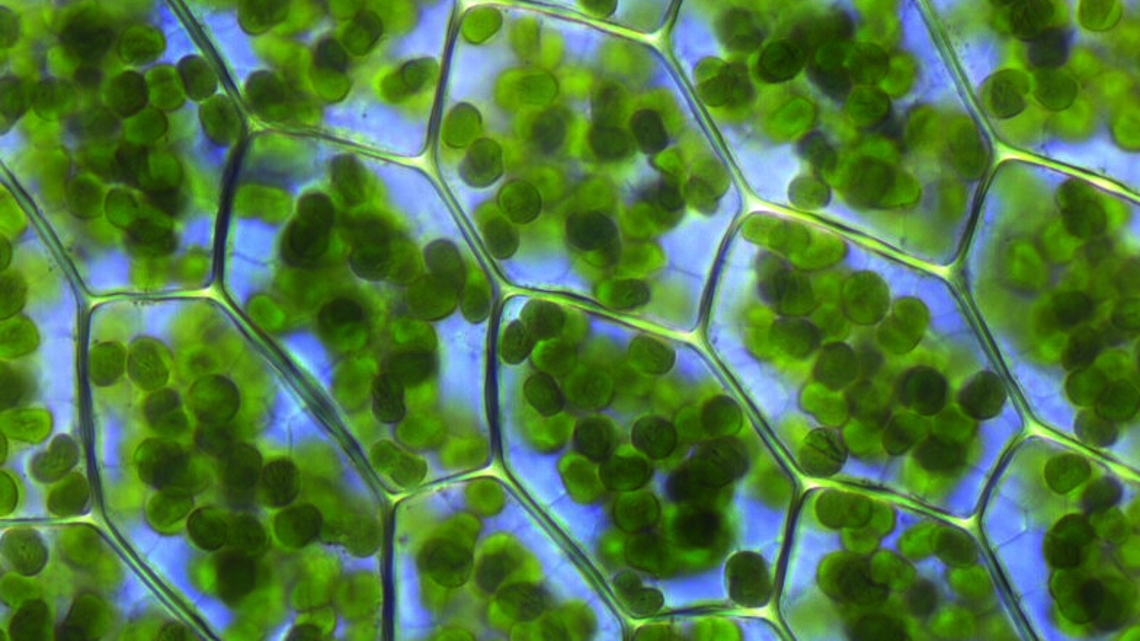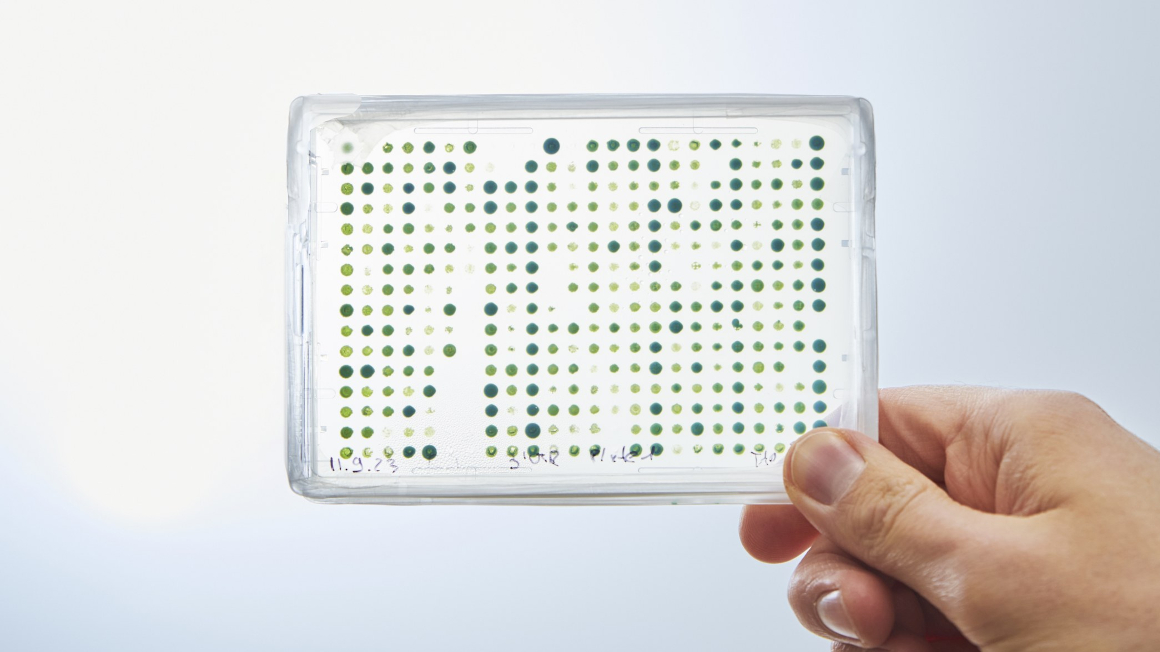Bacterial bioplastics factories "tamed"
Giessen researchers have developed a new system for the tailored control of gene expression in bacteria. Bioplastics production would also benefit from this.

Microorganisms such as bacteria, yeasts or molds are masters of material conversion and have always been an important tool in biotechnology. With their help, materials can be produced that are naturally biobased and biodegradable - bioplastics, for example. But not all bacteria of interest to biotechnology work as desired, because they are difficult to "tame." Researchers at the Institute of Microbiology and Molecular Biology at Justus Liebig University Giessen (JLU) have now found a way to achieve this by controlling their gene expression.
Controlled gene expression
Gene expression involves controlling the re-synthesis of those proteins that perform specific tasks in the cell. "Some of the known systems for controlling gene expression can be used in model organisms such as E. coli after years of fine-tuning, but do not work well in many wild-type organisms of biotechnological interest. Typical problems include weak or uncontrolled expression," explains Matthew McIntosh of JLU.
More storage for useful polymers
The system developed by McIntosh may solve these problems. According to the researchers, the new system, called ACIT (Alphaproteobacteria chromosomally integrating transcription-control cassette), is able to rapidly adapt gene control mechanisms to specific bacteria and growth conditions. As the team writes in the journal ACS Synthetic Biology, this can extend a bacterial cell hundreds of times, creating more storage space for useful polymers that accumulate in the cell.
Produce PHB at low cost
In this way, for example, the biodegradable biopolymer polyhydroxybutyrate (PHB), which is needed for the production of biodegradable plastics, could be produced at low cost. In addition, it could also be used to control gene expression in less studied bacteria. But it's not just plastics production that would benefit from the new ACIT system. According to the researchers, controlled gene expression is suitable for numerous biotechnological applications as well as for studying gene regulation and function in bacteria. A patent application for the ACIT system has now been filed.
bb


